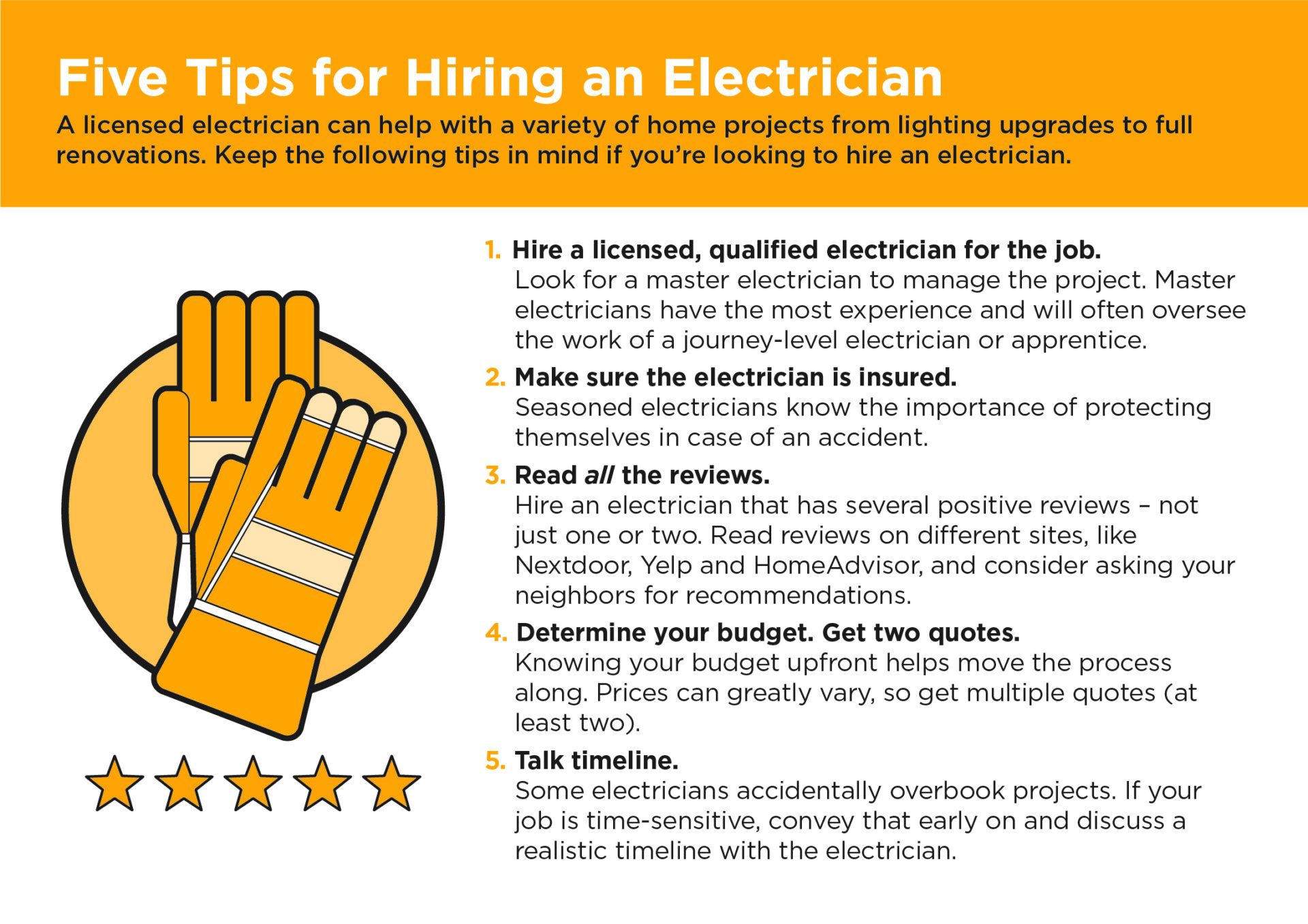Electrical Inspections
Inspect And Protect Your Home
As homes age, the electrical system inside deteriorates and dangerous hazards can develop unseen until it’s too late. To prevent the devastating loss of your home or death or injury of you or your family, remember to inspect and protect. Have an electrical inspection of your house to find hidden hazards lurking behind walls and in the electrical panel and appliances.
What is an electrical inspection?
An electrical inspection is a comprehensive check of a home’s electrical system. The Electrical Safety Foundation International (ESFI) suggests that any electrical inspection you arrange include at least the following:
- Check the condition and capacity of the electrical service to the house and perform a load analysis. Is the present service adequate for present and foreseen demands?
- Check the quality of the exposed wiring including the service entrance if above ground.
- Inspect the panel box and check that all connections are safe.
- Check the wiring of receptacles, switches, and light fixtures, and check for proper lamp wattages.
- Measure for voltage drop.
- Verify for polarity and ground wiring at the receptacles.
- Check for required ground fault circuit interrupters (GFCIs) and test each.
- Identify the type of wiring (aluminum or copper) and check for the proper size of conductors and the presence of over-current protection.
- Check the type of wiring insulation (i.e., cloth or thermaplastic) and for wiring insulation condition and temperature rating.
- Check the age and type of various components of the electrical system.
- Check for presence and proper placement of smoke alarms and test each.
- Check for appropriate surge suppression, and for areas of the country that experience a lot of lightning, consider a surge arrester.
Who needs an electrical inspection?
An electrical inspection is a good idea for all homeowners, but in particular, the ESFI and the U.S. Consumer Product Safety Commission recommend electrical inspections for:
- All homes 40 years old and older.
- All homes 10 years old and older that have had major additions or renovations or the addition of major new appliances like air conditioning, furnace, water heater, washer and dryer, dishwasher or refrigerator.
- All previously owned homes at the time of purchase by the new owner.
Can I check it myself?
No. An electrical inspection is more complicated than the average homeowner can handle and requires the knowledge and skill of a qualified, licensed electrician or electrical inspector. New homeowners should get to know their home’s electrical system; know its capacity, its limitations and its potential hazards. Especially, understand the demand you place on the system.

